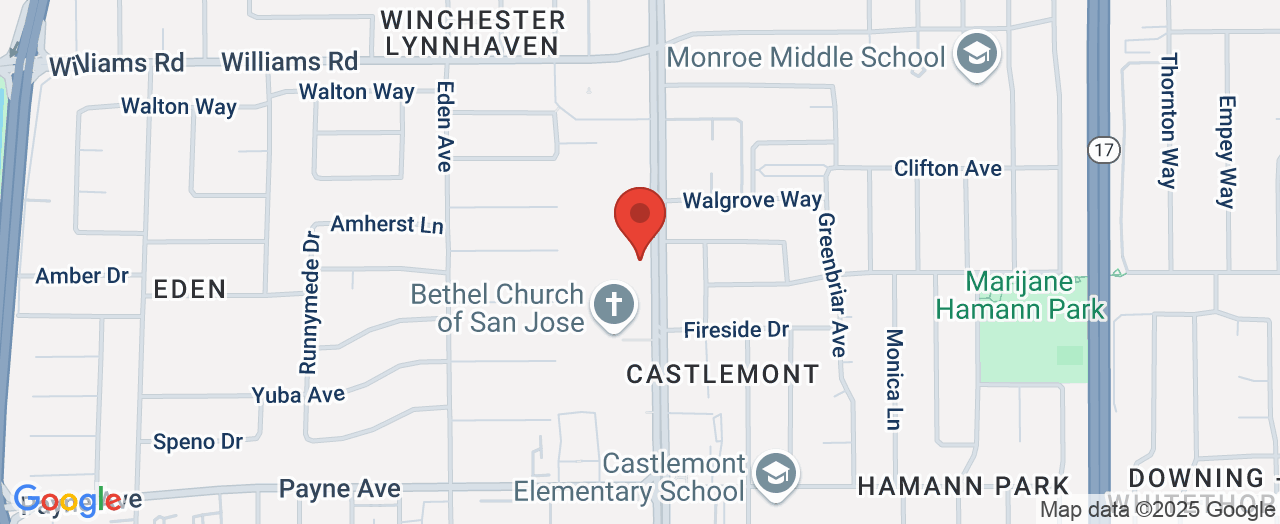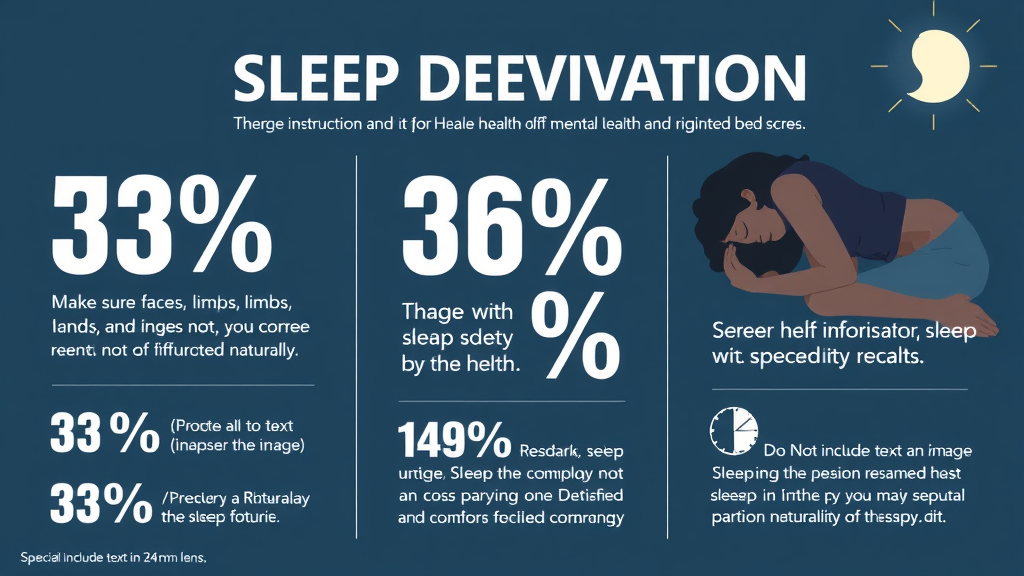Navigating the Hidden Crisis: Why Mental Health Awareness Matters More Than Ever
Each year, millions grapple with mental health challenges that are often invisible to the outside world. Yet, behind closed doors, these invisible struggles impact every aspect of daily living, relationships, and the pursuit of happiness. It is easy to overlook or dismiss these internal battles, especially in a society that has historically favored physical health over the well-being of the mind. However, the silent prevalence of anxiety, depression, trauma, and other mental wellness issues makes it more urgent than ever to address these concerns openly and proactively.
The conversation around mental health is evolving, but understanding where to turn, what steps to take, and which resources truly foster lasting improvement can still be overwhelming. Early intervention, along with evidence-based strategies, lays the foundation for transformation—yet countless individuals continue to suffer in silence, hesitating to seek the guidance or support that could change their lives. Unpacking the essentials of mental health is not just a responsibility, but a lifesaving opportunity to claim back balance, health, and hope. In a world full of stressors and uncertainties, having foundational knowledge about mental health, innovative therapies, and holistic approaches is not just informative—it's essential.

Understanding Mental Health: The Foundation of Personal and Community Well-Being
Mental health encompasses our emotional, psychological, and social well-being, shaping how we think, feel, and act in the world. It influences our capacity to manage stress, relate to others, and make critical decisions—abilities that underpin every facet of life. When mental health falters, it may manifest in conditions such as anxiety, depression, sleep disturbances, trauma responses, and attention difficulties. These are not simply personal burdens; they affect families, workplaces, and entire communities. As awareness grows, so does recognition that caring for our minds is as crucial as tending to our physical health.
Sadly, the costs of neglecting mental health can be profound—ranging from diminished quality of life and impaired functioning to worsening physical illnesses. Without proper education, individuals may not realize that symptoms such as persistent sadness, irritability, or difficulty concentrating are often rooted in mental health issues rather than character flaws. This misunderstanding can result in delayed treatment, increased stigma, and missed opportunities for early intervention. Developing literacy in mental health is vital; it empowers people with the knowledge to access support, foster resilience, and encourage those struggling to find pathways toward healing.
The Transformative Benefits of a Holistic Approach to Mental Health Care

With extensive background in integrative and research-based solutions, Brain Mind Wellness serves as an expert contributor in pursuit of tangible, positive outcomes for mental health. Adopting a holistic mindset, which acknowledges the interconnectedness of mind, brain and body, is central to lasting well-being. Techniques such as neurofeedback, psychotherapy, , ketamine therapy and EMDR do not only alleviate symptoms but provide the tools to regulate brainwave patterns, establish new neurological pathways, and restore emotional equilibrium. This comprehensive approach enables individuals to actively train their brains, enhance their brain-mind-body connection, and ultimately reclaim their health naturally.
Real-world interventions, such as those rooted in neurofeedback, are non-invasive and drugless, presenting a gentle way to transform disordered or unhealthy brainwave activity. Harnessing this method can help increase balance, improve resilience to life’s stressors, and foster a sense of autonomy over one's well-being. Likewise, evidence-based psychotherapies offer coping mechanisms, emotional regulation skills, and a safe context for healing trauma. The result is a measurable improvement in daily comfort, productivity, and confidence—as each step towards better mental health facilitates noticeable growth in personal and professional capacities. In these ways, integrating innovative and natural methods creates more sustainable, impactful change.
For those interested in how neurofeedback specifically supports anxiety relief, exploring the science behind neurofeedback and anxiety management can provide deeper insight into how this technique helps foster a calmer, more resilient mind.

From Stigma to Strength: How Mental Health Education Breaks Barriers
For many, the greatest obstacle to seeking help lies not in accessibility, but in stigma and misinformation. Without understanding the science behind mental health, individuals may internalize negative beliefs about themselves, as is often the case for children with ADHD or those experiencing trauma. Brain Mind Wellness’s educational focus—illustrated through its blog and community resources—emphasizes the importance of recognizing symptoms early and challenging harmful stereotypes. By framing mental health as a journey rather than a fixed state, individuals are empowered to take ownership of their wellness at every stage of life.
Educational outreach also sheds light on the specific ways mental health intersects with daily experiences, from academic challenges to sleep disruption and stress management. For example, identifying the connection between ADHD and self-esteem—or the impact of untreated anxiety on social functioning—offers practical insights that resonate beyond clinical environments. By understanding these relationships, families and individuals can foster compassion, provide appropriate support, and nurture environments where healing is prioritized over judgment. The ripple effect extends outward: as communities become more informed, a culture of empathy and strength replaces one of silence and shame.
The Evolution of Mental Health Care: Innovation Meets Natural Healing

Modern leaps in neuroscience are ushering in unprecedented opportunities for mental wellness, combining technological innovation with the wisdom of holistic healing.
Neurofeedback , for instance, builds on learning theory to help retrain the brain’s own regulatory processes, allowing the nervous system to discover more efficient pathways for managing emotions and behaviors. Unlike traditional treatments focused solely on symptom control, this approach emphasizes self-regulation and adaptability, tailoring each session to the individual’s unique neurobiology.
Eye Movement Desensitization and Reprocessing (EMDR) , another therapy highlighted at Brain Mind Wellness, enables deep healing from the aftereffects of trauma by reprocessing distressing memories in a safe and structured way. These progressive methodologies reflect a broader trend: mental health care is moving away from one-size-fits-all solutions and toward integrative, person-centered care. This evolution holds promise for those seeking alternatives to medication, making it possible to reclaim agency over their journey to wellness and supporting not just symptom relief, but total transformation.
At Brain Mind Wellness, ketamine therapy is an integral part of our holistic approach, working by interrupting habitual thought patterns and encouraging the development of new neural pathways. This often leads to rapid relief from treatment-resistant depression, anxiety, and PTSD. Unlike standard medications that may take weeks or longer to show results, ketamine can initiate mood and perception improvements within hours or days, providing a crucial window for healing and therapeutic insight. Delivered in a supportive environment, this therapy focuses not only on symptom relief but also on enabling deeper emotional processing and personal growth. Ketamine therapy represents a shift toward personalized, neurobiologically-informed care that helps individuals progress from survival to genuine well-being.
Small Steps, Big Difference: Actionable Mental Health Tips for Daily Life
Cultivating mental health does not always require radical changes or complicated interventions. Small, consistent actions—such as establishing a daily routine, practicing mindfulness, and seeking connection—can pave the way for significant improvement over time. Brain Mind Wellness underscores the importance of self-care, from getting adequate sleep to managing screen time, as foundational habits that nourish the nervous system and improve overall functioning. These practical strategies help anchor the day, reduce overwhelming feelings, and promote emotional stability.
Additionally, knowing when to seek professional support is a vital skill. If symptoms such as persistent anxiety, mood swings, or concentration difficulties interfere with daily functioning, reaching out for expert guidance is an empowering step. Integrative approaches, such as combining neurofeedback with psychotherapy or utilizing EMDR for trauma, offer tailored solutions that recognize the uniqueness of each individual’s path. By making mental health a daily priority—and understanding that healing is a process rather than a destination—individuals can take charge of their own resilience and foster lasting change.
Brain Mind Wellness: Integrative Care Philosophy and Unique Contribution
The philosophy at Brain Mind Wellness centers on empowering individuals through natural, research-backed pathways to improved mental health. Rather than simply managing symptoms, the practice is dedicated to helping clients tap into the brain’s inherent ability to rewire itself, leveraging holistic principles to encourage growth, balance, and authentic well-being. Education is woven into every aspect of care, ensuring clients are equipped not just for momentary relief but for ongoing transformation in their mental and emotional lives.
This unique approach reflects a belief in the synergy of brain and mind—a perspective that honors both the biological and psychological roots of distress, while promoting practical self-regulation. By offering neurofeedback, EMDR, ketamine and psychotherapy options, Brain Mind Wellness ensures that care is not limited by convention but guided by a commitment to discovery and progress. Precision, compassion, and collaboration guide the client experience, making each interaction a step toward independence, wellness, and empowerment.
Ultimately, the practice's mission to “facilitate positive changes and empower lives” transforms the mental health journey into one defined by hope, agency, and the possibility of thriving, not just surviving. Clients are encouraged not only to address their immediate concerns but to recognize their capacity for lifelong wellness through natural means—challenging traditional boundaries and setting a high standard for holistic care.
The voices of those who have successfully taken action remind us that progress is possible, and no one needs to face their journey alone. Through expert guidance and an integrative philosophy, individuals can experience breakthroughs that redefine what it means to live well and thrive. Every journey begins with a single decision, and the right support system can make all the difference in achieving lasting wellness.
Prioritizing Mental Health: A Pathway to Lasting Well-Being
As awareness deepens and innovative techniques become more accessible, the landscape of mental health is being transformed for the better. Tools like ketamine therapy, neurofeedback, EMDR, and holistic psychotherapy—highlighted by leaders like Brain Mind Wellness—have expanded the possibilities for individuals seeking to overcome anxiety, trauma, or other challenges. No longer confined to managing crises, mental health care today is about reclaiming quality of life, building resilience, and fostering authentic connection every day.
The journey toward mental health is uniquely personal, requiring evidence-based education, accessible resources, and a philosophy centered on empowerment. For those ready to take the next step, expert guidance coupled with holistic methods opens the door to a future defined by hope and strength. Ultimately, investing in mental health is not just an act of self-care but a commitment to thriving—regardless of where you begin.
If you’re eager to unlock even more of your potential and discover how neurofeedback can elevate your mental wellness journey, explore the top benefits of neurofeedback for a deeper understanding of how this innovative approach can help you achieve lasting transformation. By expanding your knowledge and embracing advanced techniques, you can take confident steps toward a more balanced, empowered, and fulfilling life.
Contact the Experts at Brain Mind Wellness
If you’d like to learn more about how mental health support and holistic solutions could benefit your personal journey, contact the team at Brain Mind Wellness.
📍 Address: 1101 S Winchester Blvd Suite A-103, San Jose, CA 95128, USA
📞 Phone: +1 408-583-5099
🌐 Website: http://www.brainmindwellness.com/
Brain Mind Wellness Location and Availability
🕒 Hours of Operation:
📅 Monday: 10:00 AM – 6:00 PM
📅 Tuesday: 10:00 AM – 6:00 PM
📅 Wednesday: 10:00 AM – 6:00 PM
📅 Thursday: 10:00 AM – 6:00 PM
📅 Friday: 10:00 AM – 6:00 PM
📅 Saturday: ❌ Closed
📅 Sunday: ❌ Closed

 Add Row
Add Row  Add
Add 




Write A Comment